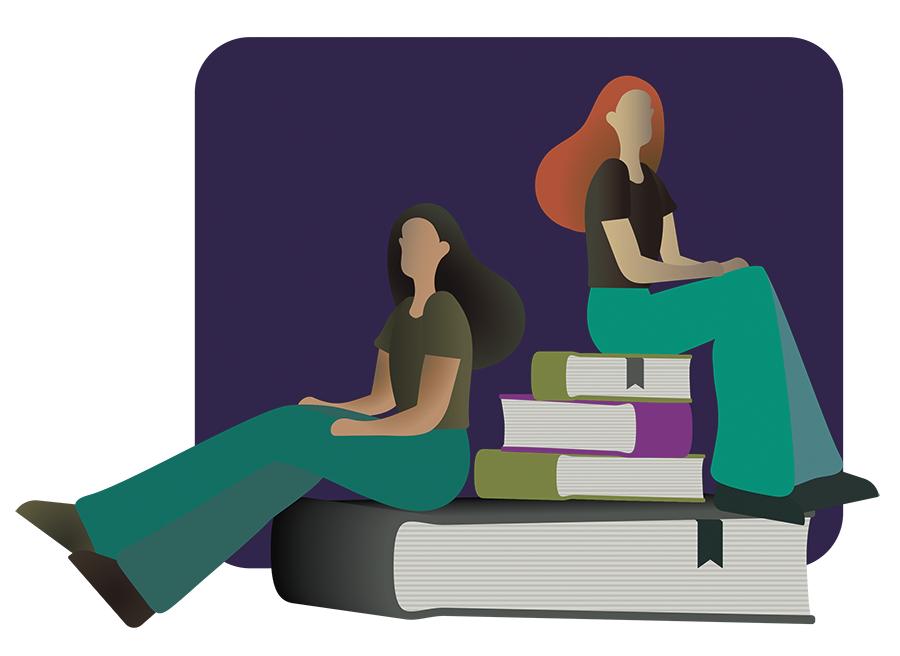The election’s over, now what can we do to help others cope?
December 8, 2016
I have spent the last 10 years of my life helping some of America’s most vulnerable populations find housing, put food on the table, handle difficult issues in their lives, build self-sufficiency, gain skills, and find a sense of purpose and dignity.
Given my background, many people have reached out to me on Facebook and via text to ask me how they can help at-risk groups weather President-Elect Donald Trump and his proposed policies. If you feel that the election results have provided an impetus to get involved, I have several actions for you to take.
The first thing you can do is get to know vulnerable people (LGBTQ, black, Muslim, Latina/o, disabled, etc) so you understand their needs and can effectively help without just showing up and deciding what is best. It can take a long time to build relationships and gain people’s trust, but the only way to do that is to put in the work, do a lot of listening, and help where you can.
Sometimes people just need someone to listen. Sometimes they need advocacy or information. Sometimes they need tangible items like warm socks or a winter coat. They will tell you.
For a smaller time commitment, you can call up advocacy organizations, food pantries, shelters, and other social service agencies and ask them what they need to be successful.
It may be money, or writing letters, or physical items. A simple phone call or email to the organization can ensure that your efforts are best directed where the organization needs them.
In Dane County, volunteer opportunities can be found at volunteeryourtime.org. You can search opportunities by time commitment, interest, type of organization, and much more.
Another important action given the recent rash of hate crimes is – if you see something, say something. We all need to take care of our neighbors and stand up when something is wrong. Call people out on their hateful, hurtful speech and actions. When a situation does not feel safe, start recording on your phone and call the police or other bystanders to help.
If you are not yet ready for action, there are also many safe spaces in Madison to have conversations about racial issues or other issues of social justice. Places to start include:
Most importantly, please remember to approach people non-judgmentally and with compassion. You never know what is going on beneath the surface.































